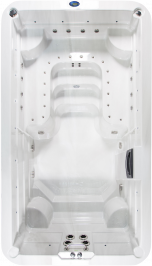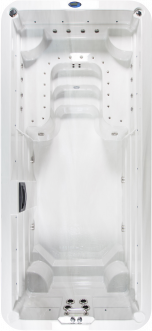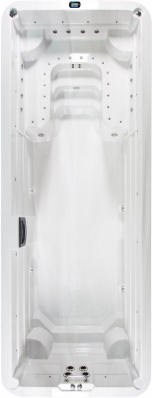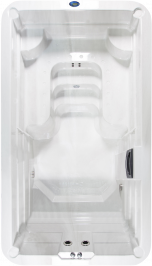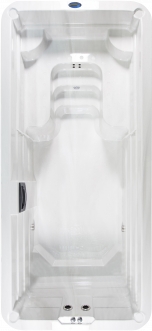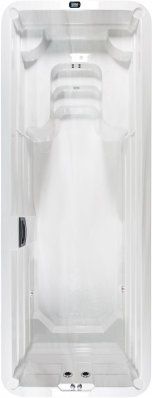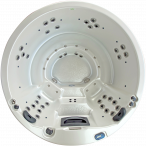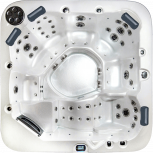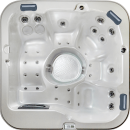Factors affecting sleep quality
Several factors can impact the quality of our sleep, which in turn affects our overall well-being. The most common factors include stress and anxiety, an unsuitable sleep environment, and unhealthy lifestyle habits.
Stress & anxiety
Stress and anxiety are significant contributors to sleep disturbances. When our minds are preoccupied with worries and concerns, it can be difficult to wind down and fall asleep. Also, heightened stress can lead to increased cortisol levels, disrupting our natural sleep cycle and preventing us from achieving restorative, deep sleep. Addressing and managing stress and anxiety is crucial to ensure a good night’s sleep and maintain overall health.
Poor sleep environment
A poor sleep environment can also negatively impact the quality of our sleep. Excessive noise, uncomfortable bedding, and inappropriate room temperature can all contribute to a less-than-ideal sleep setting. Creating a sleep-friendly environment that is quiet, dark, and comfortable can significantly improve sleep quality.
Unhealthy lifestyle habits
Unhealthy lifestyle habits, such as excessive caffeine consumption, irregular sleep schedules, and lack of physical activity, can also disrupt our sleep patterns. Consuming stimulants like caffeine too close to bedtime can make falling asleep difficult and maintaining restful sleep throughout the night. Irregular sleep schedules can throw off our internal body clock, making a consistent sleep routine harder. Additionally, regular physical activity has shown to promote better sleep quality, so incorporating exercise into our daily routines can help improve sleep.
Understanding these factors is essential for finding ways to improve sleep quality, and it turns out that a spa can play a significant role in addressing these issues. In the next section, we will explore how incorporating a spa into your daily routine can help combat stress, create a relaxing environment, and promote healthier lifestyle habits, ultimately leading to better sleep.








